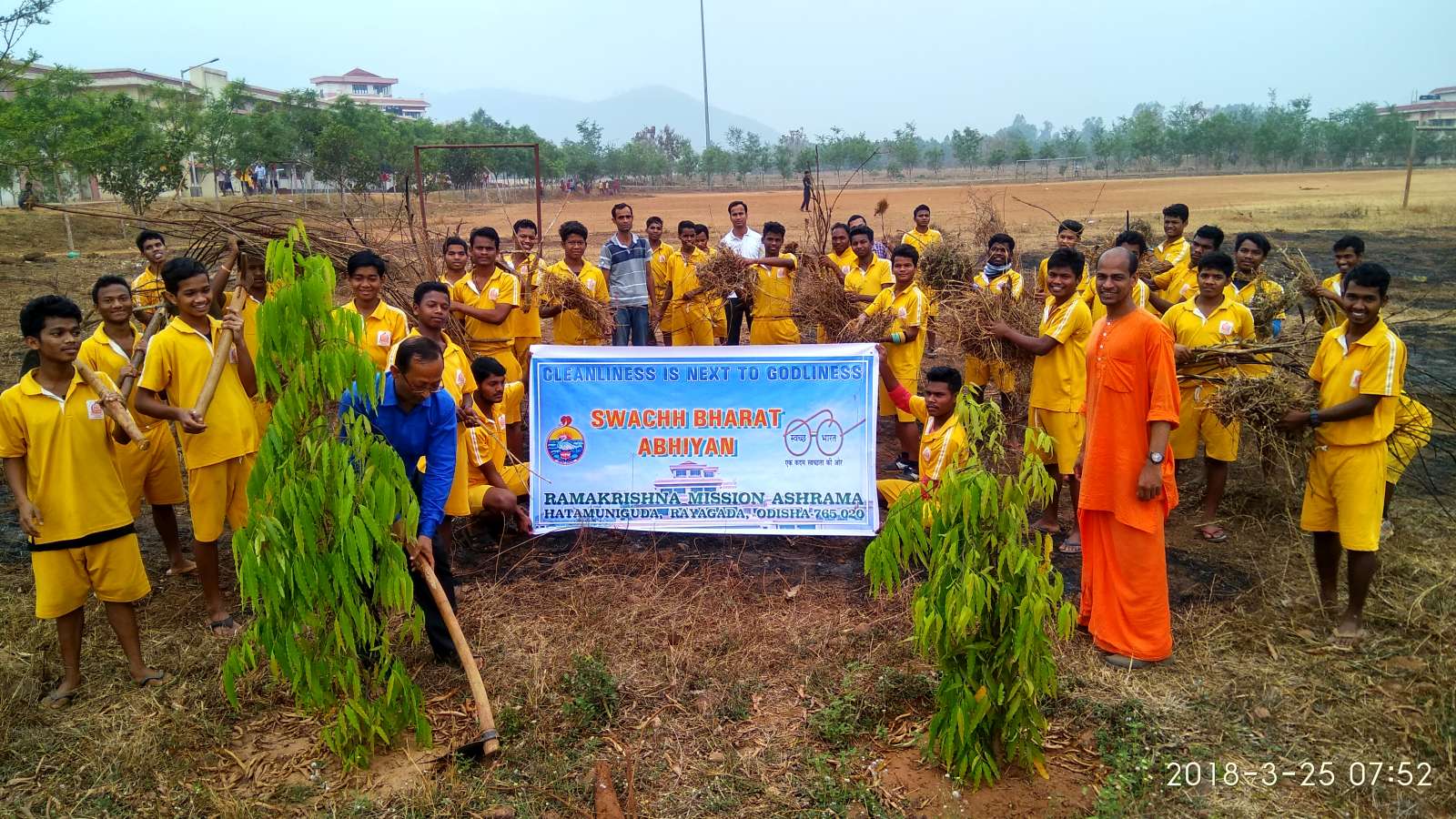Under the Swachh Bharat Mission Gramin (SBM-G) half of the total villages in the country i.e., 50% villages have achieved Open Defecation Free (ODF) Plus status under phase II of the Mission, which is being seen as a major milestone.
An ODF Plus village is one which has sustained its ODF status along with implementing either solid or liquid waste management systems. As on date, more than 2.96 lakh villages have declared themselves ODF Plus, which is a significant step towards achieving the SBM-G phase II goals by 2024-25, an official statement said.
The top performing states in terms of percentage of ODF Plus villages are – Telangana (100%), Karnataka (99.5%), Tamil Nadu (97.8%) and Uttar Pradesh (95.2%) among the big states and Goa (95.3%) and Sikkim (69.2%) among small states, are the top performer. Among UTs – Andaman & Nicobar Islands, Dadra Nagar Havelli & Daman Diu and Lakshadweep have 100% ODF Plus Model villages. These States and UTs have shown remarkable progress in achieving the ODF Plus status, and their efforts have been instrumental in reaching this milestone, the statement said.
Of the 2,96,928 ODF Plus villages, 2,08,613 villages are ODF Plus Aspiring villages with arrangements for Solid Waste Management or Liquid Waste Management, 32,030 villages are ODF Plus Rising villages with arrangements for both Solid Waste Management and Liquid Waste Management and 56,285 villages are ODF Plus Model villages. ODF Plus Model village is one which is sustaining its ODF status and has arrangements for both Solid Waste Management and Liquid Waste Management; observes visual cleanliness, i.e., minimal litter, minimal stagnant wastewater, no plastic waste dump in public places; and displays ODF Plus Information, Education and Communication (IEC) messages. So far, 1,65,048 villages have arrangements for solid waste management, 2,39,063 villages have arrangements for liquid waste management, 4,57,060 villages have minimal stagnant water while 4,67,384 villages have minimal litter.
Between 2014-15 and 2021-22, the Central Government has allocated a total of Rs 83,938 crore to Swachh Bharat Mission Grameen The allocation for the year 2023-24 is Rs. 52,137 Crore. In addition to the SBM(G) funds there is clear allocation of 15th FC funds for sanitation. These funds have been utilized to build sanitation assets, promote behavior change, and implement solid and liquid waste management systems.
This year marks nine years of the Swachh Bharat Mission. The achievement of 50% ODF Plus villages is a significant milestone for India as it is going beyond just construction and use of toilets towards complete and absolute cleanliness i.e., from ODF to ODF Plus. The major components of the Phase-II of SBM (G) are Sustaining Open Defecation Free Status (ODF-S), Solid (Bio-degradable) Waste Management, Plastic Waste Management (PWM), Liquid Waste Management (LWM), Faecal Sludge Management (FSM), GOBARdhan, Information Education and Communication/Behavior Change Communication (IEC/BCC) and Capacity Building. The SBM-G program has been instrumental in improving the health and well-being of millions of people across the country. Several reports in the past few years have exhibited the ground impact of SBM-G programme, the statement said.
In terms of Plastic waste management, 831 Plastic Waste Management Units and 1,19,449 waste collection & segregation sheds have been set-up. The plastic is cleaned, shredded, bailed and transported for use in road construction as per the guidelines issued by the Ministry of Road Transport & Highways and also as a fuel in cement factories etc. More than 1 lakh Gram Panchayats have passed resolution for ban on Single Use Plastic (SUP).
For bio-degradable waste management at household level, people are being encouraged to segregate their dry and wet (organic) waste at source for composting at community level. 3,47,094 Community compost pits have been constructed, as on date. GOBARdhan, which stands for Galvanising Organic Bio-Agro Resources-dhan, is an initiative to support biodegradable waste recovery, conversion of waste into resources and for creating clean & green village.
For Grey water management, which is the wastewater generated from everyday household chores- cleaning, cooking, bathing etc, in villages that do not have drainage systems, soak pits/leach pits or magic pits at household and community level can effectively treat grey water.
For Faecal Sludge, which is the wastewater generated from toilets, SBM(G) ensures effective management of faecal sludge, by supporting Districts to strengthen mechanized desludging of on-site sanitation systems and establishing treatment units for the safe disposal of faecal sludge.


























